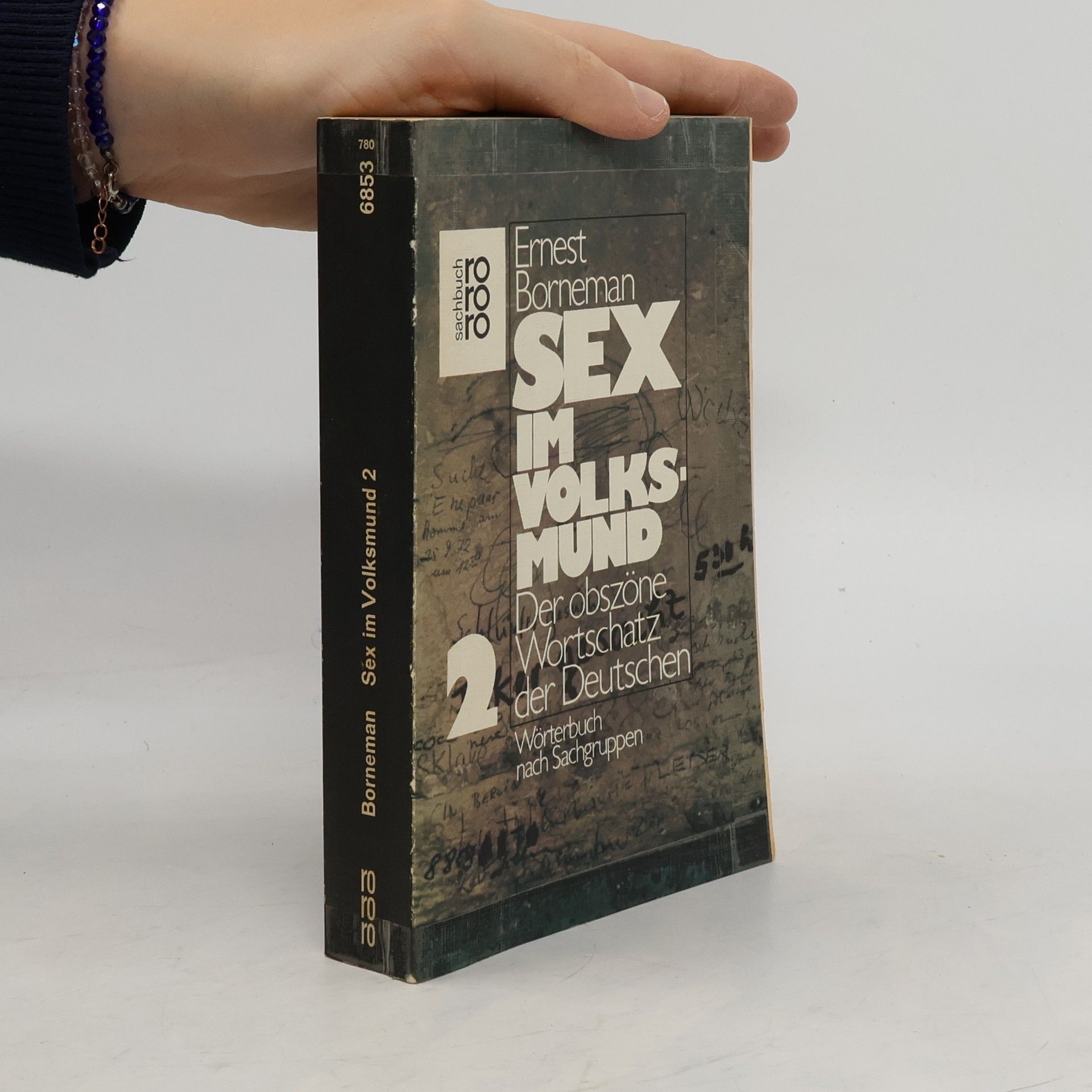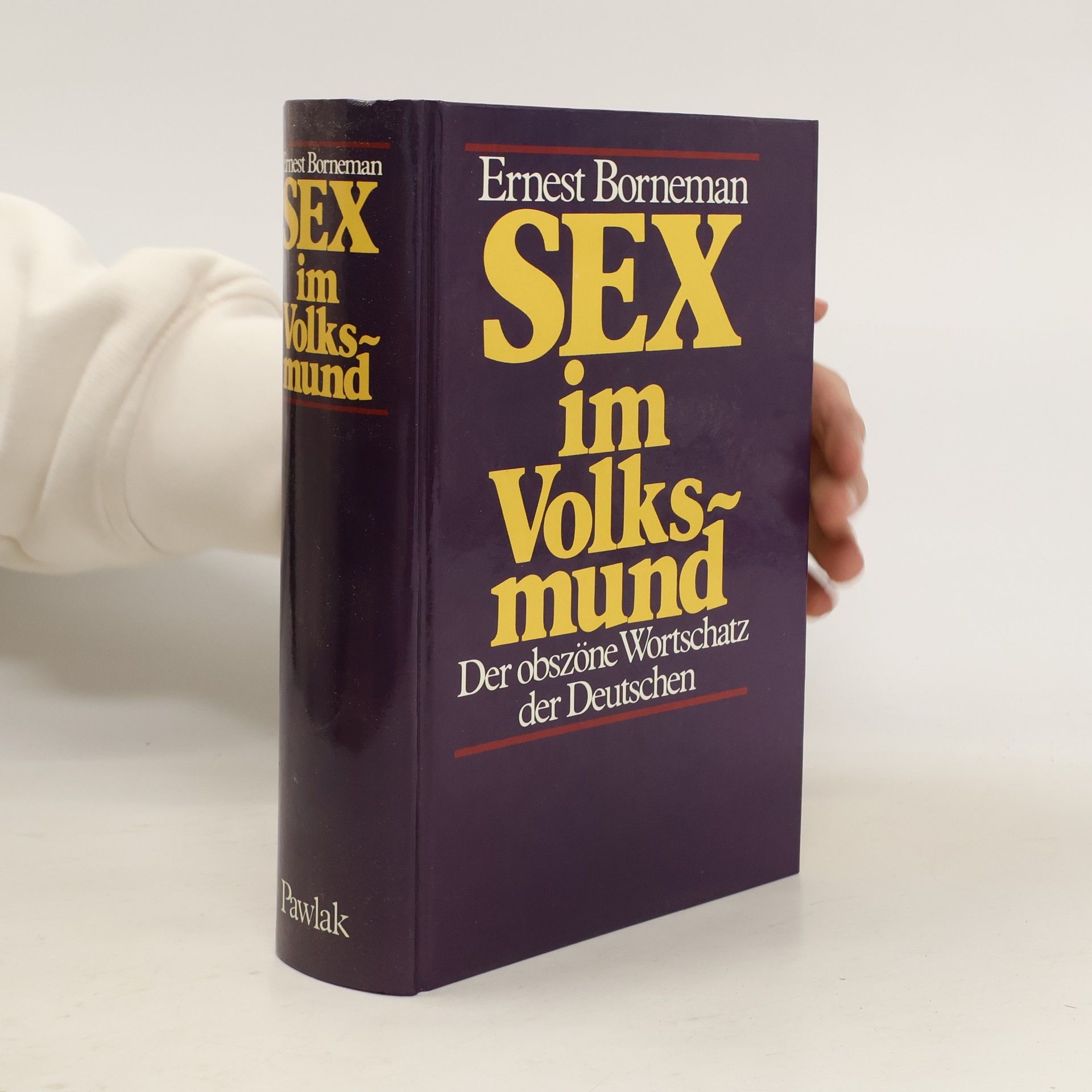Something Very Special (Again!) In The Way of Detective StoriesFirst novel by Cameron McCabe (Ernst Julius Bornemann). Published in 1937, it's a fascinating story of murder and intrigue, with the killer dying half-way through, and his narrative picked up by the policeman who'd been trailing him. Unique. And worth it just for the fake quotes by leading literary figures of the day.
Ernest Borneman Boeken
Ernst Wilhelm Julius Bornemann was een Duitse auteur wiens werk zich verdiepte in de donkerdere aspecten van de menselijke natuur, vaak binnen het kader van misdaadfictie. Zijn schrijven wordt gekenmerkt door een diep psychologisch inzicht, gevoed door zijn uitgebreide studies in psychoanalyse en antropologie. Bornemann onderzocht maatschappelijke onderstromingen en de complexiteit van menselijk verlangen, gebruikmakend van een precieze en analytische stijl die lezers boeide. Zijn unieke perspectief, gesmeed uit een breed scala aan disciplines, bood een diepgaand commentaar op de menselijke conditie.

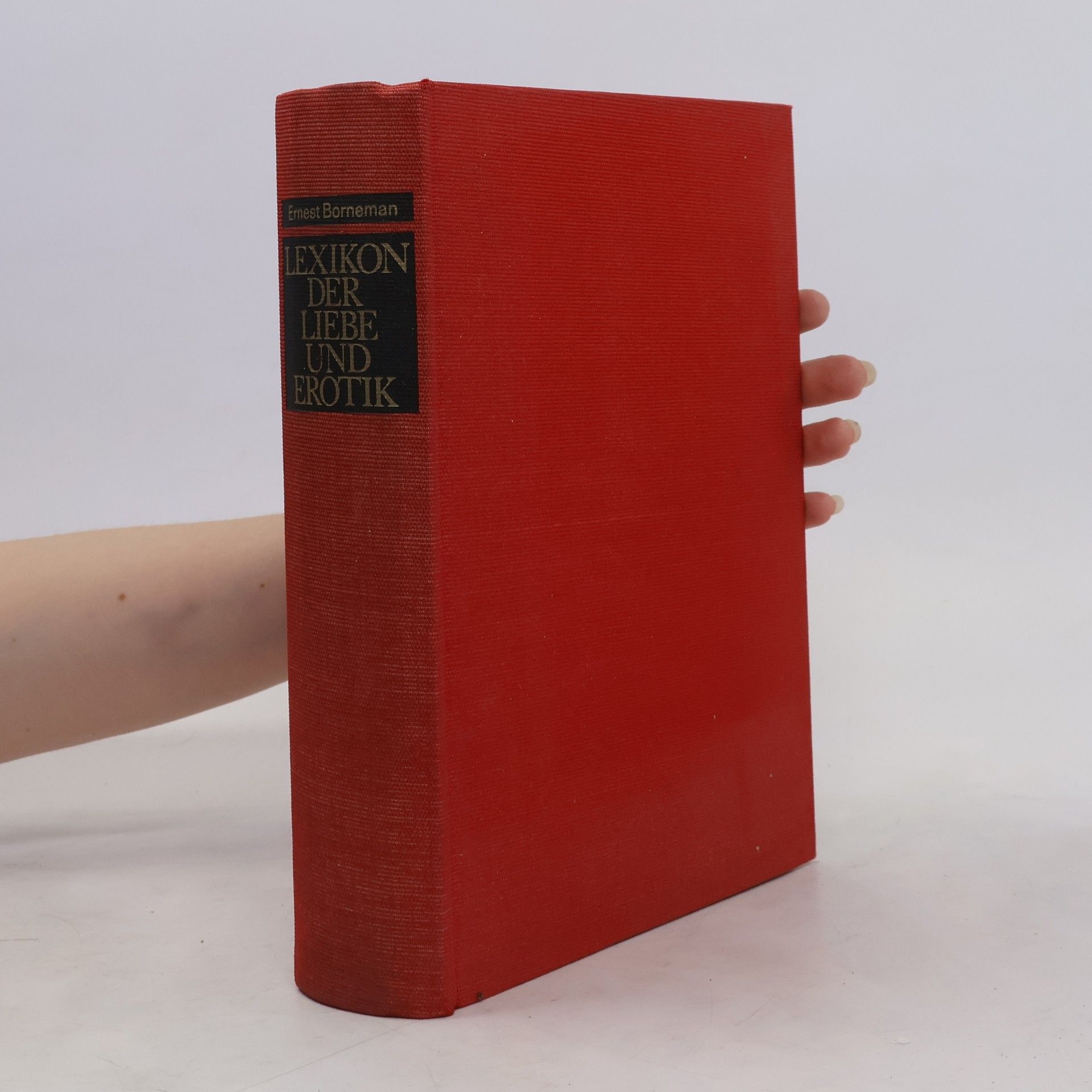

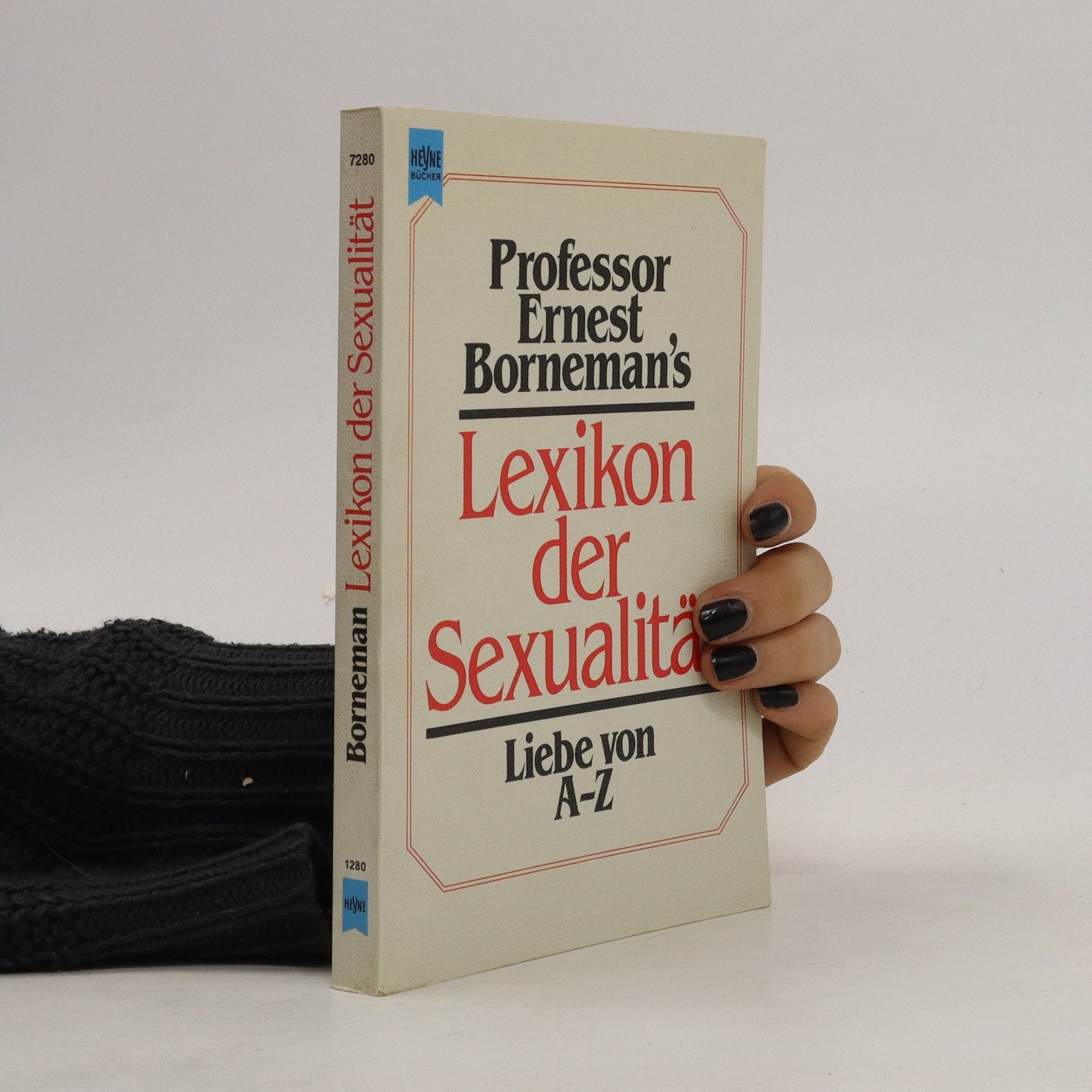
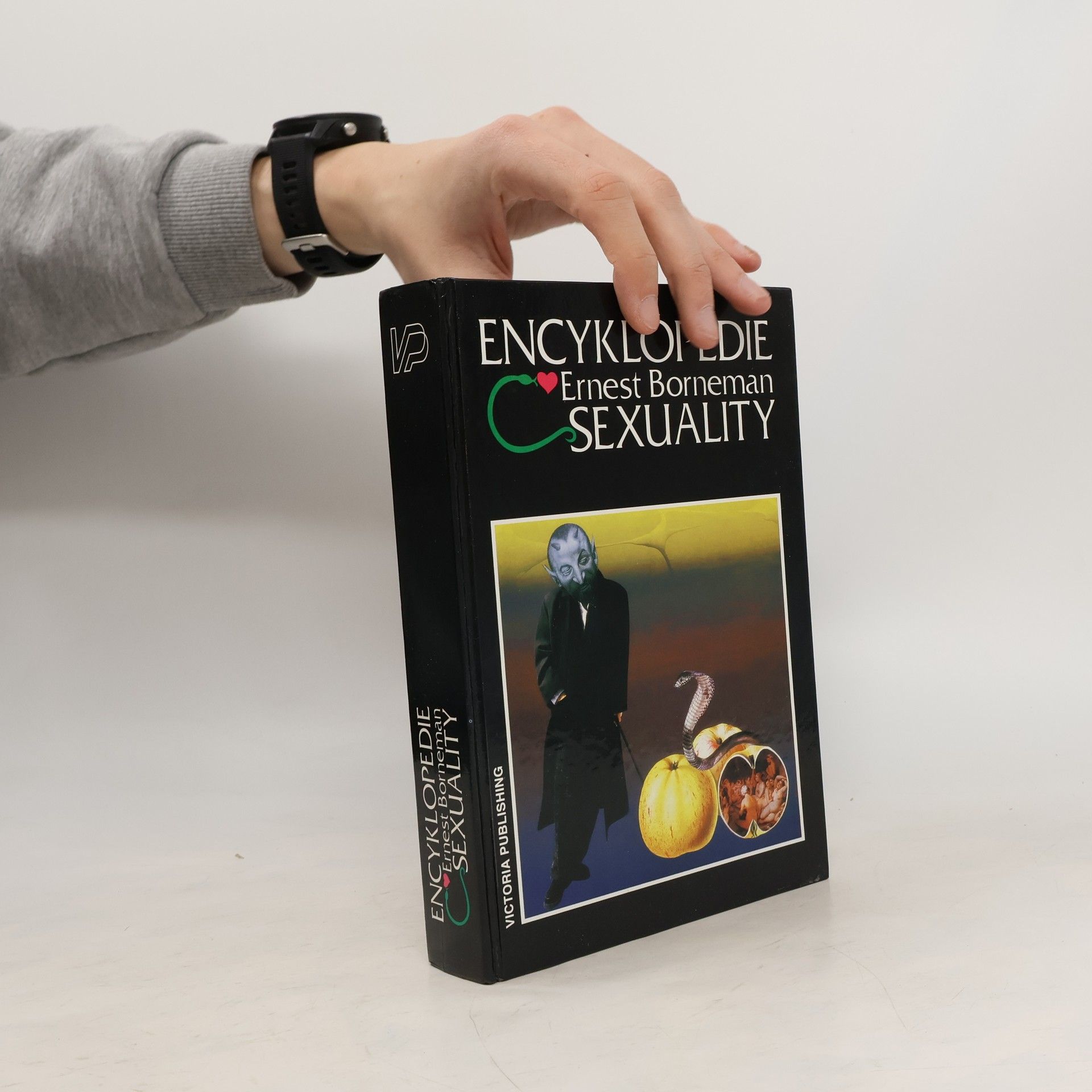


Die Urszene
- 427bladzijden
- 15 uur lezen
Encyklopedie sexuality
- 666bladzijden
- 24 uur lezen
Tokofobie: strach z porodu, strach ženy před rozením. Strach z potomstva. Sparta club: francouský tajný erotický klub 20. století Puer Sanctus: mladý chrámový služebník ve starém Římě, který prováděl homosexuální chrámovou prostituci Libido: libido= rozkoš, milostná touha. Existuje např. prastarý zvyk zvolit si některý z lesních stromů jako strom života. Dendrofilie: dendron-strom, philia-láska = fixace sexuálního pudu na stromy. Abatyše: ve středověké Francii úředně pověřená dohlížitelka bordelu. Též magistra, slovo, které zavedli-bekyně, žebravé sestry, začalo se brzy používat ve stejném smyslu jako-bordelmama nebo oficiální kuplířka. U žebravých sester byla naproti tomu magistra skutečnou abatyší kláštera bekyň. Jazykově těsné spojení náboženství a prostituce překvapí jen toho, kdo není seznámet s náboženskými kořeny prostituce. Slovo abatyše mělo v lidové mluvě středověku podobný smysl, abatyše ve středověku představená nebo nájemkyně bordelu, tak jako se často prostitutkám říkávalo "jeptišky". Anglické slovo nun se v tomto smyslu používá v Americe dodnes. viz. drama Williama Faulknera Requiem for a nun.
Lexikon der Liebe und Erotik
das große Aufklärungswerk für aufgeschlossene Menschen

